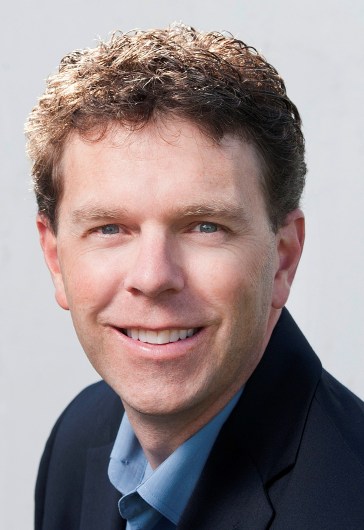- Home
- About Us
- The Team / Contact Us
- Books and Resources
- Privacy Policy
- Nonprofit Employer of Choice Award

 This is the fifth of a series of excerpts from David Oyler’s feature article “How Does Social Enterprise Translate to the Charitable Sector?” The entire article will be posted on his website, after the final instalment in Hilborn Charity eNews.
This is the fifth of a series of excerpts from David Oyler’s feature article “How Does Social Enterprise Translate to the Charitable Sector?” The entire article will be posted on his website, after the final instalment in Hilborn Charity eNews.
Operating a charitable program that charges a fee can be viewed as getting into a ‘grey area’ of revenue generation as the variable of product or service sales is added to program delivery. Self-identified Social Enterprise (SE) practitioners appear to see this as an opportunity to generate surplus funds through ‘marketplace’ sales that can be, to use a common SE phrase, reinvested into the organization. This is referred to as a double bottom line or a blended return. I think this belief is due to a combination of:
In my view, there is not a clear understanding of the downside to intentionally generating profits where charitable outcomes could be compromised.
In CRA’s words, “fees are charged in the context of many charitable programs. The presence of fees does not necessarily mean that a program is non-charitable or that the charity is engaging in a business activity. Programs remain charitable as long as they manifest the two essential characteristics of charity—altruism and public benefit.”
There are a few key indicators that a charitable program is not a business:
I believe the policy clearly indicates that in relation to the delivery of a program, charging a fee for a good or service does not automatically make the activity a business, and public benefit is compromised when intent is switched from charitable to business (i.e. cost deferring to for-profit) and fees are set based solely on market rates. The policy is not in place simply to deny charities from generating tax-free profits or competing against for-profit entities.
If planned and managed properly there is no reason why this type of program cannot be sustainable and grow to meet the needs of the community. It is intended to be reliant on revenues from user fees, operate on an incidental profit basis, and not negatively impact overall administrative resources. The only variable in the program’s scope and size would be the demographics of the community it seeks to serve.
Another SE idea is to generate ‘social’ profits by leveraging program infrastructure to produce and sell goods outside of their charitable sphere, i.e. in the marketplace and in competition with other service providers. The idea is for an organization to take advantage of program framework already in place and paid for with social capital to offer a product or service at marketplace pricing.
This for-profit or business arm probably brings into question whether an organization’s purposes are exclusively charitable as there would be no public benefit associated with their for-profit service. It also can put social capital at risk due to the dynamic of the ‘double bottom line’ and the justified diminishment of charitable outcomes. A charity may choose to put more of their resources into the for-profit arm than the charitable program in order to maximize profits. This is referred to in SE resources as Mission Drift.
This type of scenario brings to the forefront the sense that SE is a cause; where ‘business for good’ is seen as deserving of tax exempt treatment and complaints of unfair competition are rendered immaterial so long as a SE’s pricing is similar to others in the marketplace. In my view, this makes a number of dubious presumptions; most notably that if a business is not ‘good’ it is bad or at least not contributing anything socially, and businesses exist solely to maximize shareholder profit; excluding the many businesses run by individuals who are simply trying to make a living and operate as a formal corporate entity for business and tax purposes.
Oyler Consulting works with registered charities and non-profit organizations to increase their effectiveness and capacity to deliver their programs and services. Services include practical guidance on Canada Revenue Agency policy for registered charities, helping organizations build successful fundraising programs, program and service development, and social enterprise. Visit www.oylerconsulting.ca; contact David Oyler by email.